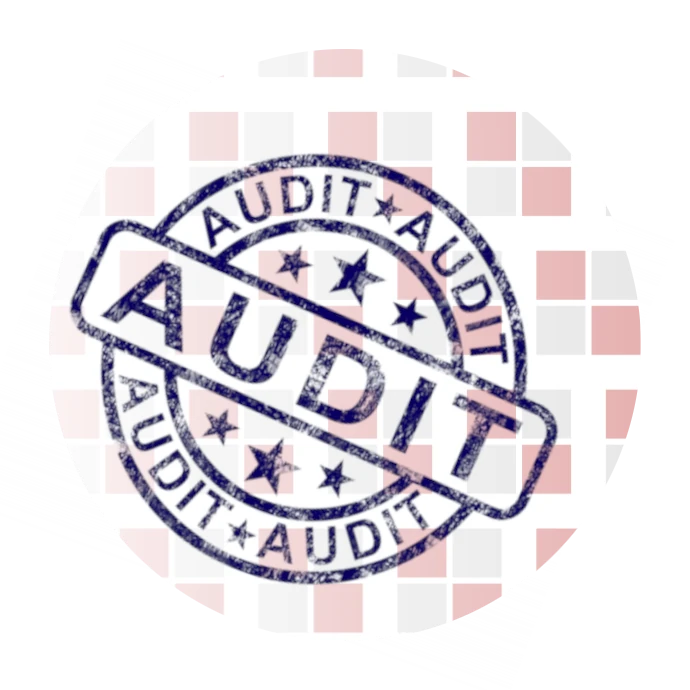An internal auditor should have a set of specific qualifications, skills, and attributes that will help them perform their tasks effectively. Here are some key qualifications that are important for an internal auditor:

Audit knowledge:
The internal auditor should have a solid knowledge of internal audit principles, techniques and procedures. He should be familiar with audit methodologies, audit standards and best practices of internal audits.
Business understanding:
It is important for an internal auditor to have a broad understanding of the business and operations of the organization in which they work. They should know the purpose of the organization, its processes, organizational structure and the risks associated with the industry.
Analytical skills:
An internal auditor should have the ability to analyze data and information, identify trends, patterns, and potential threats. The ability to think logically and solve problems is key in the internal audit process.
Communication and human relations:
The internal auditor should have strong communication skills, both written and verbal. They should be able to clearly and effectively convey information to the auditee and other stakeholders. In addition, the internal auditor should be able to build good relationships with the auditees and be able to work in a team.
Independence and objectivity:
The internal auditor should be independent and impartial in their actions. They should be able to maintain objectivity and independence in the audit process to ensure credible and reliable results.
Knowledge of regulations and standards:
The internal auditor should be familiar with the applicable laws, regulations, and standards related to internal auditing in a given industry or country. Understanding these requirements is essential to conducting an effective audit and ensuring compliance with regulations.
Depending on the specific industry and organization, there may be additional qualifications that are required or preferred.
Often, internal auditor certification organizations establish specific qualification requirements, such as:
Education & Experience:
It is often required that an internal auditor has a relevant education in finance, accounting, management or other related fields. Additionally, experience in internal audit or related areas is often desired.
Certifications:
Auditing certifications, such as the Certified Internal Auditor (CIA) certification or other recognized certifications, may be required or preferred by some organizations. Auditing competency certifications are recognized as additional support for the skills and knowledge of an internal auditor.
Technical abilities:
The internal auditor should be proficient in the use of internal audit tools and technologies. Knowledge of audit software, data analysis tools, and other audit support technologies can be important in conducting audits effectively.
Keep in mind that the specific set of qualifications and requirements may vary by organization, industry, country, and experience level. It is a good idea to familiarize yourself with the specific requirements of the organization where you want to work or become certified as an internal auditor to be clear about expectations and the steps you need to take to meet those requirements.
ISO Internal Auditor vs. ISO Lead Auditor
What is the difference between an Internal Auditor and a Lead Auditor?What qualifications do Auditors…
What are the benefits of an internal auditor certificate?
Having an internal auditor certification can bring many benefits to both the auditor and the…
What does the internal auditor exam look like?
The internal auditor exam may vary depending on the chosen entity. The internal auditor certificate,…
How much does an internal auditor earn?
Internal auditor salaries may vary depending on several factors, such as location, size and industry…
What qualifications does an internal auditor need to have?
An internal auditor should have a set of specific qualifications, skills, and attributes that will…
Does an internal auditor need to be certified?
Whether an internal auditor needs to be certified depends on the requirements of the organization…